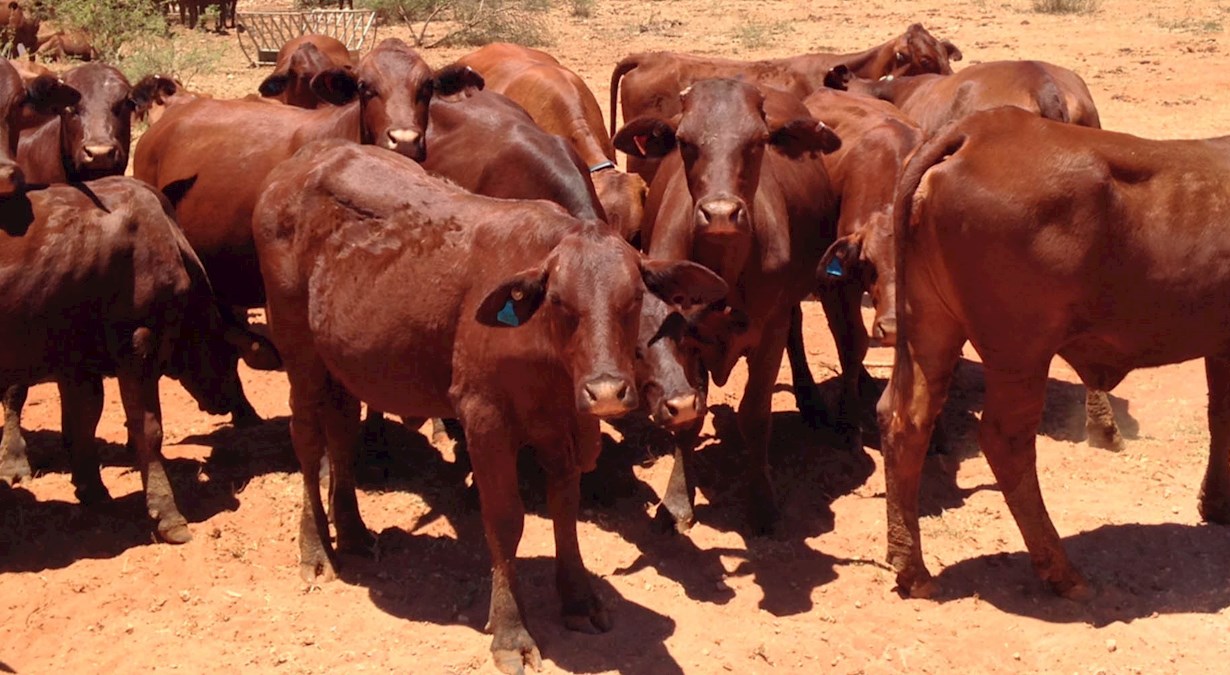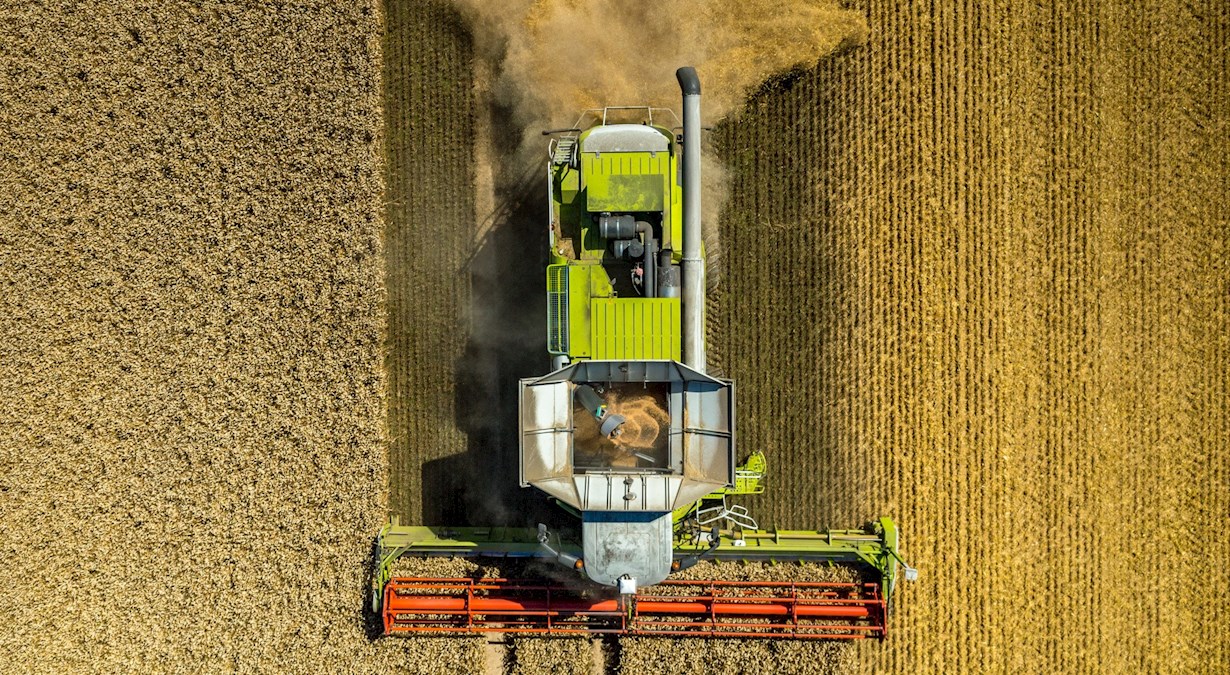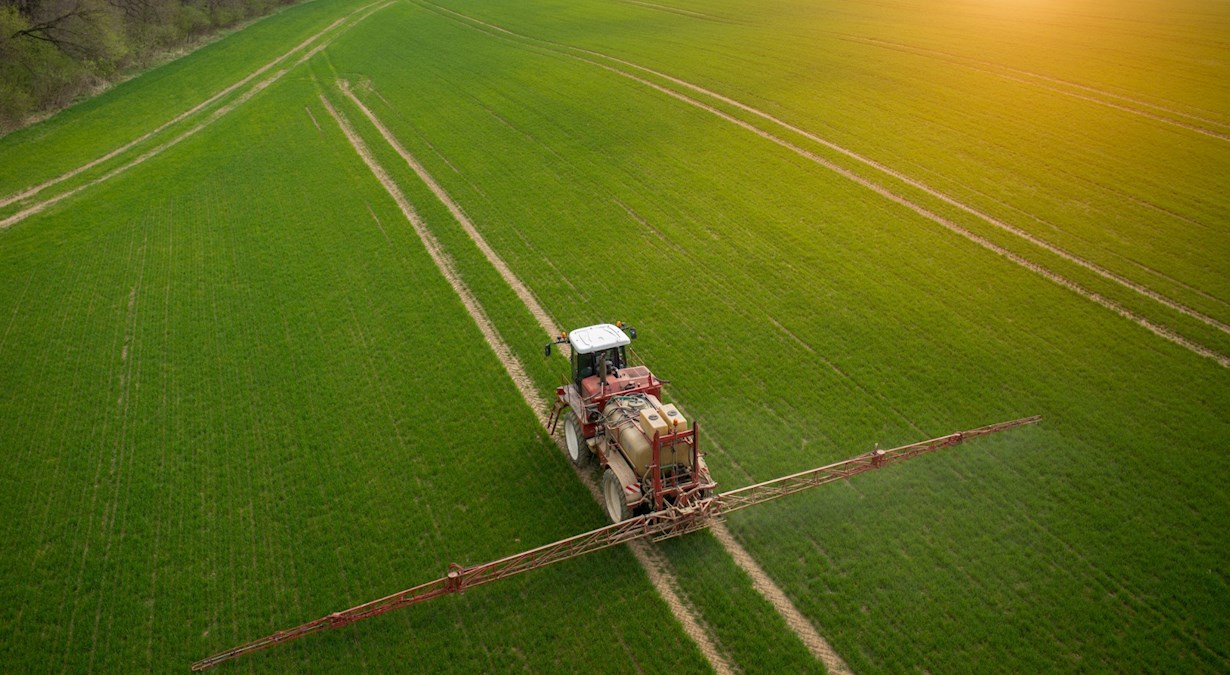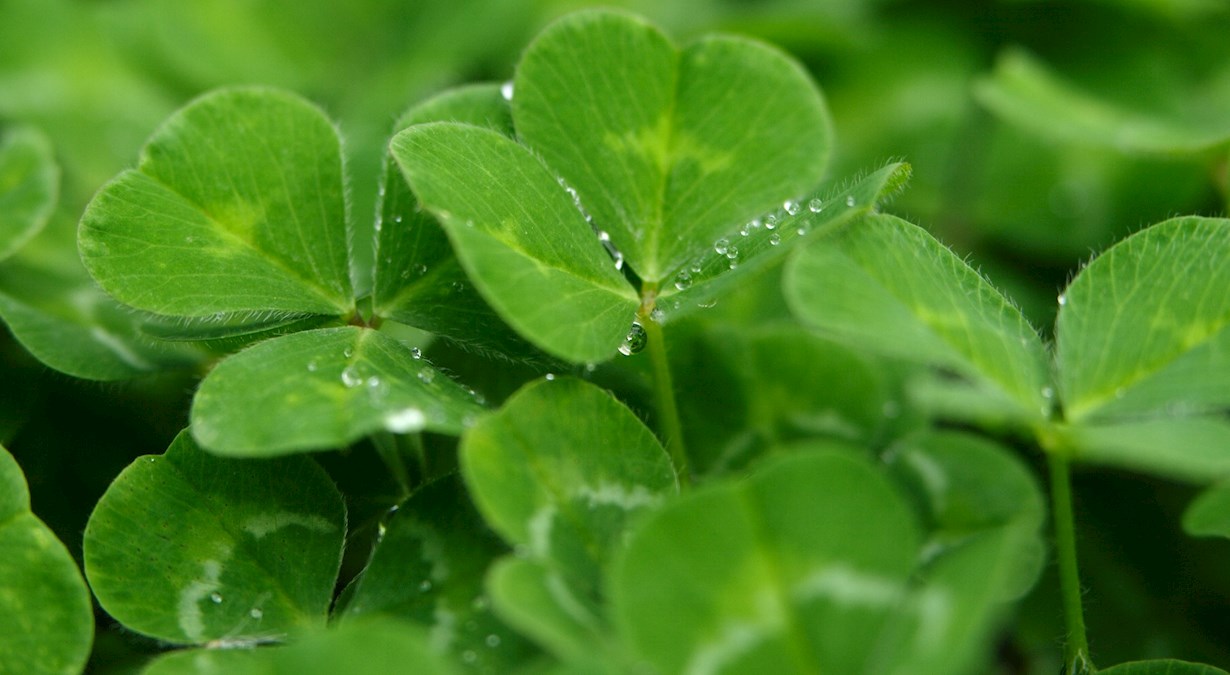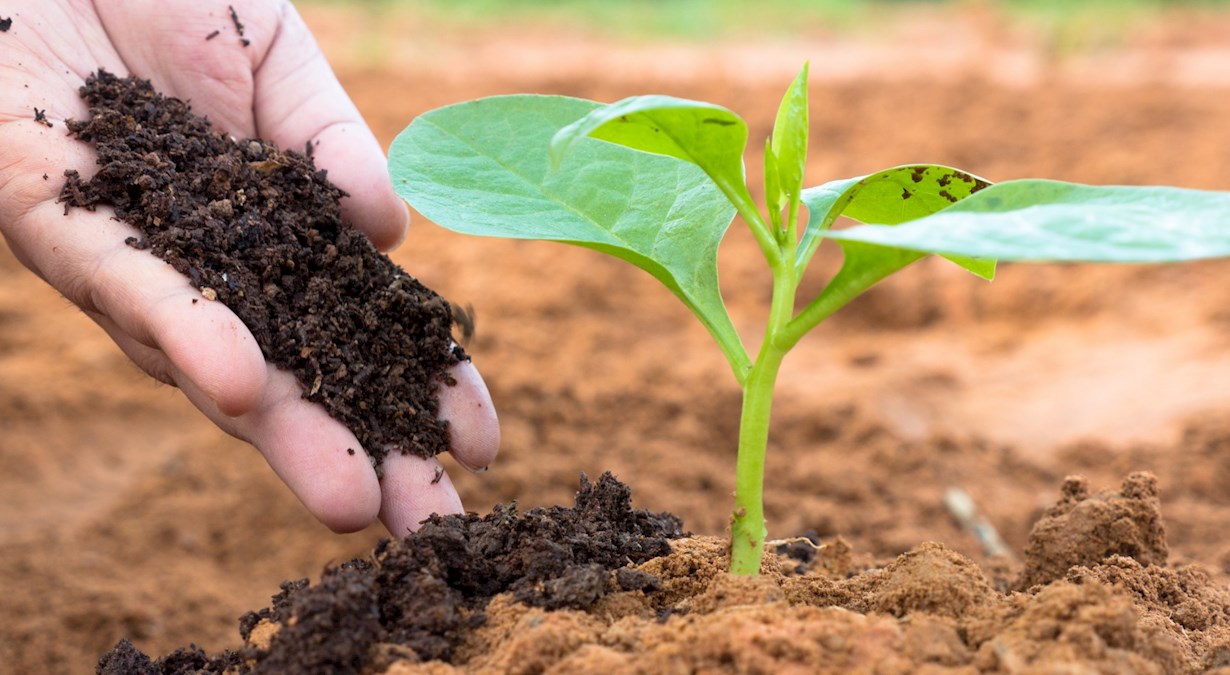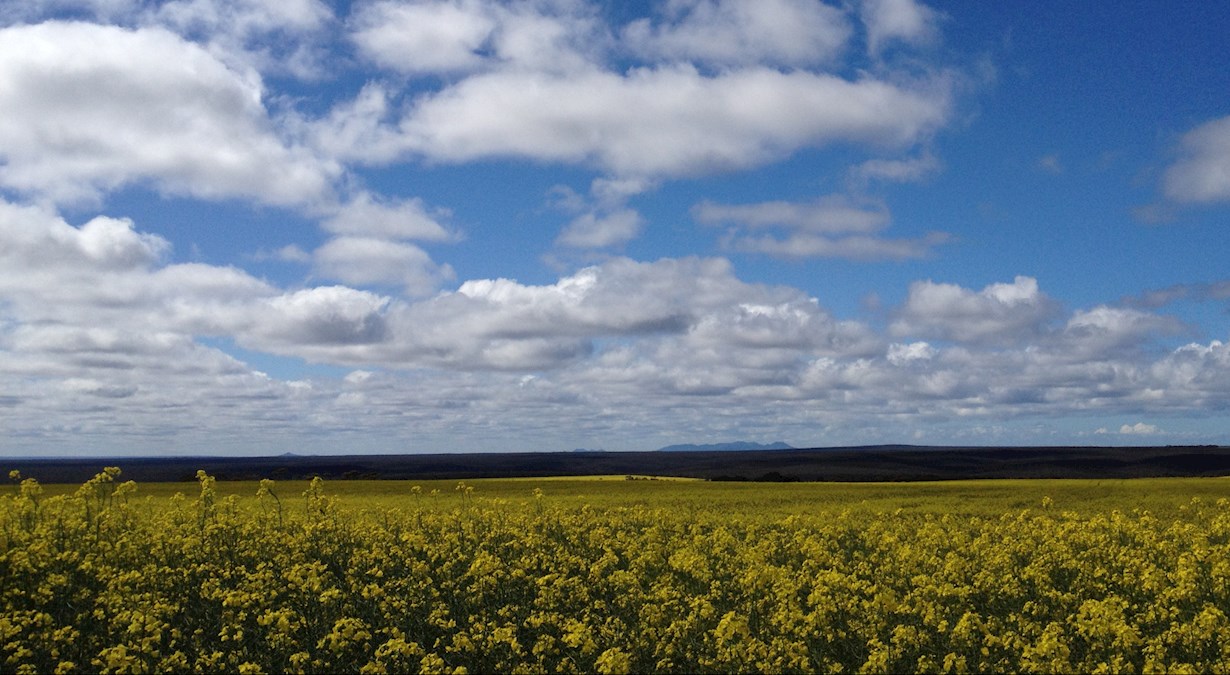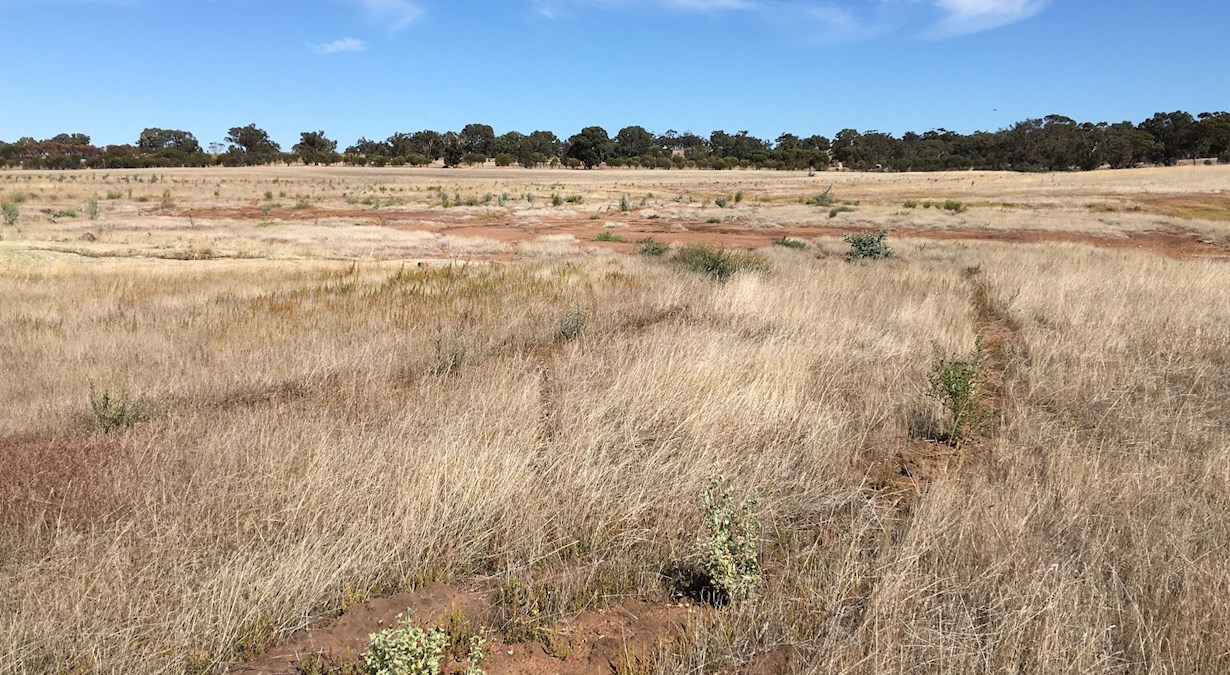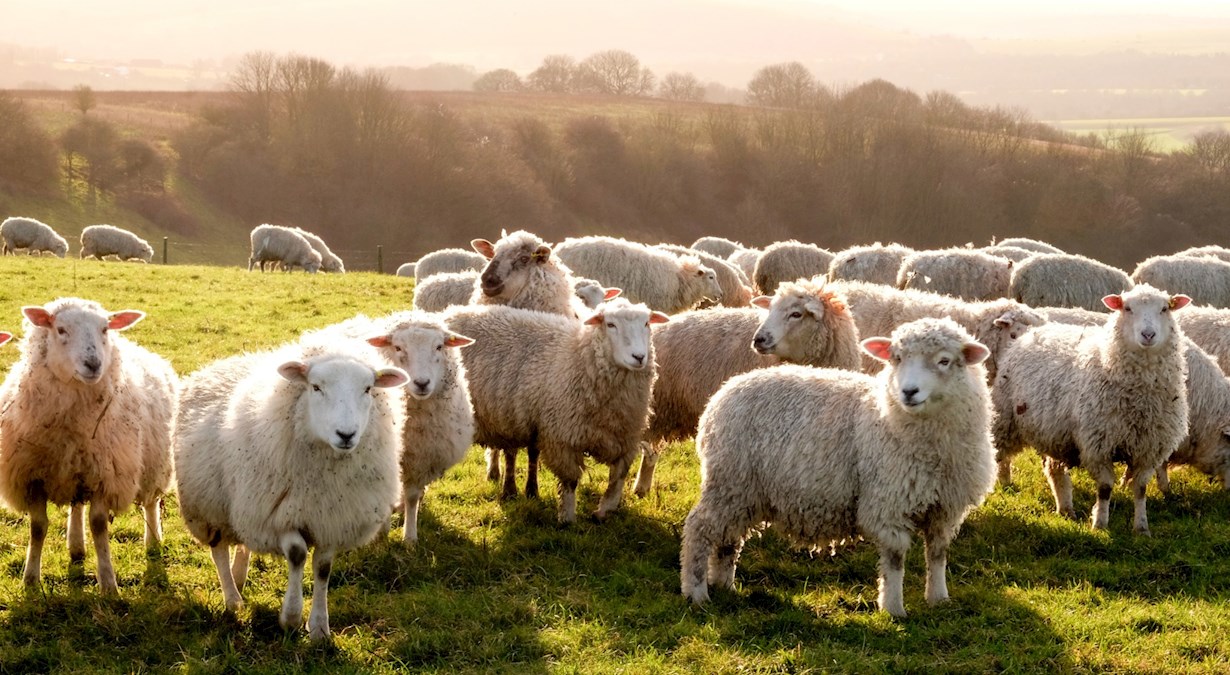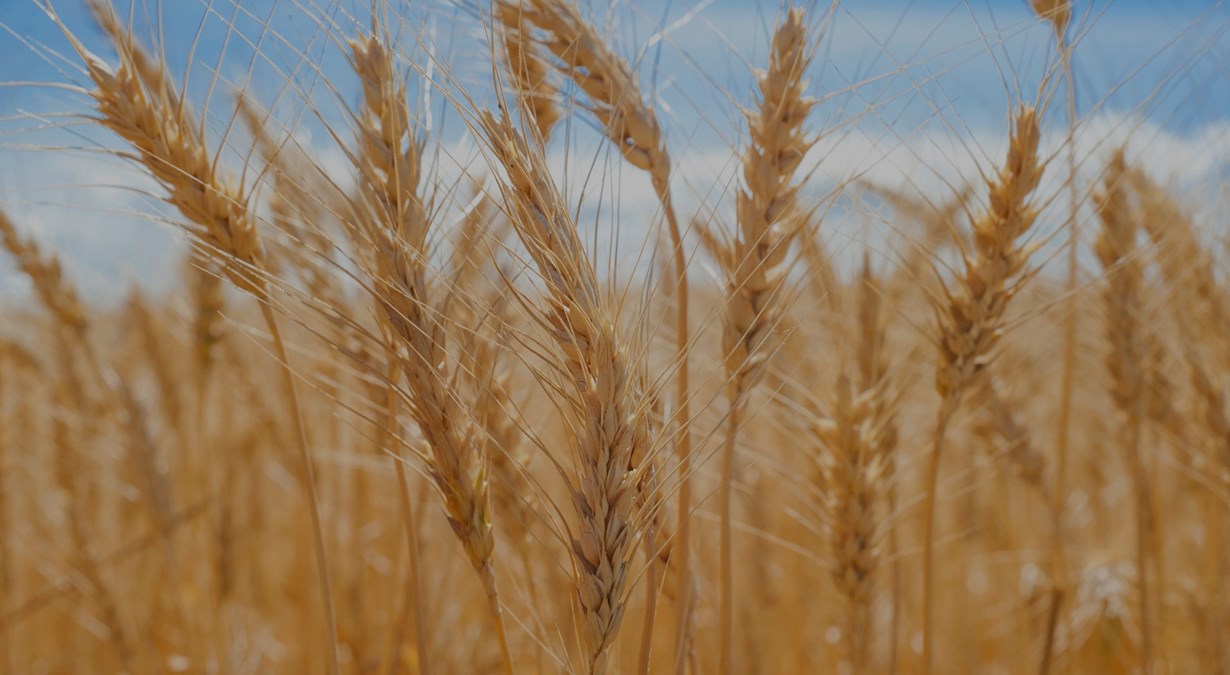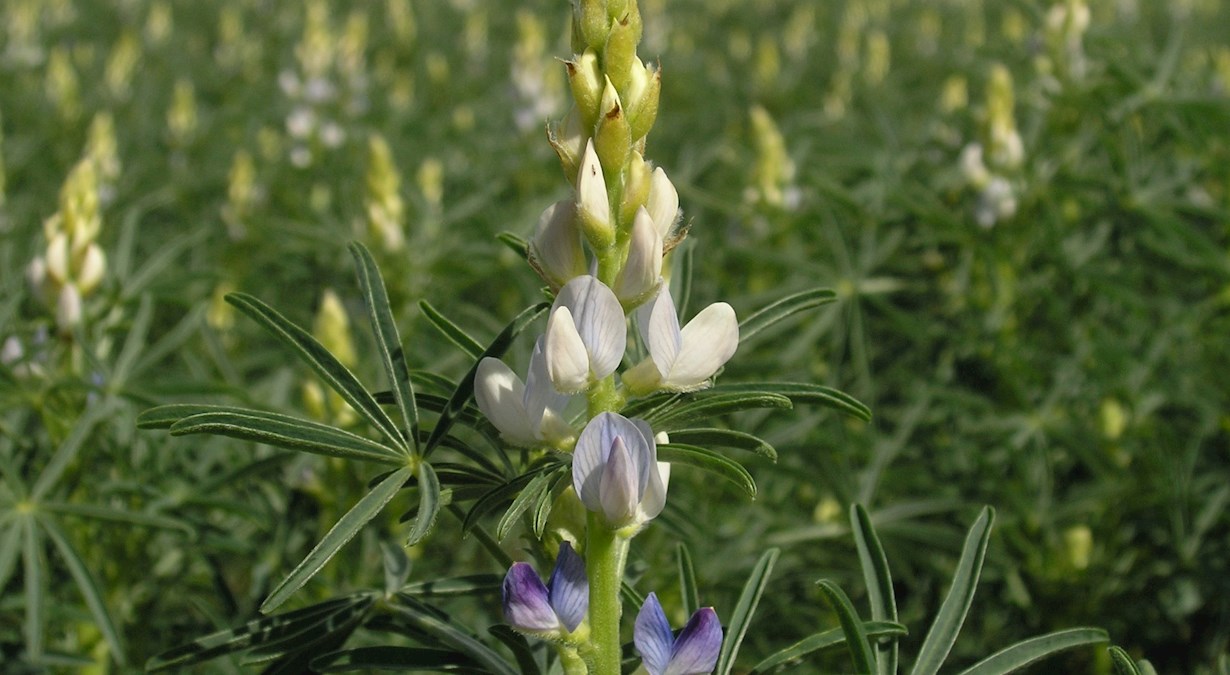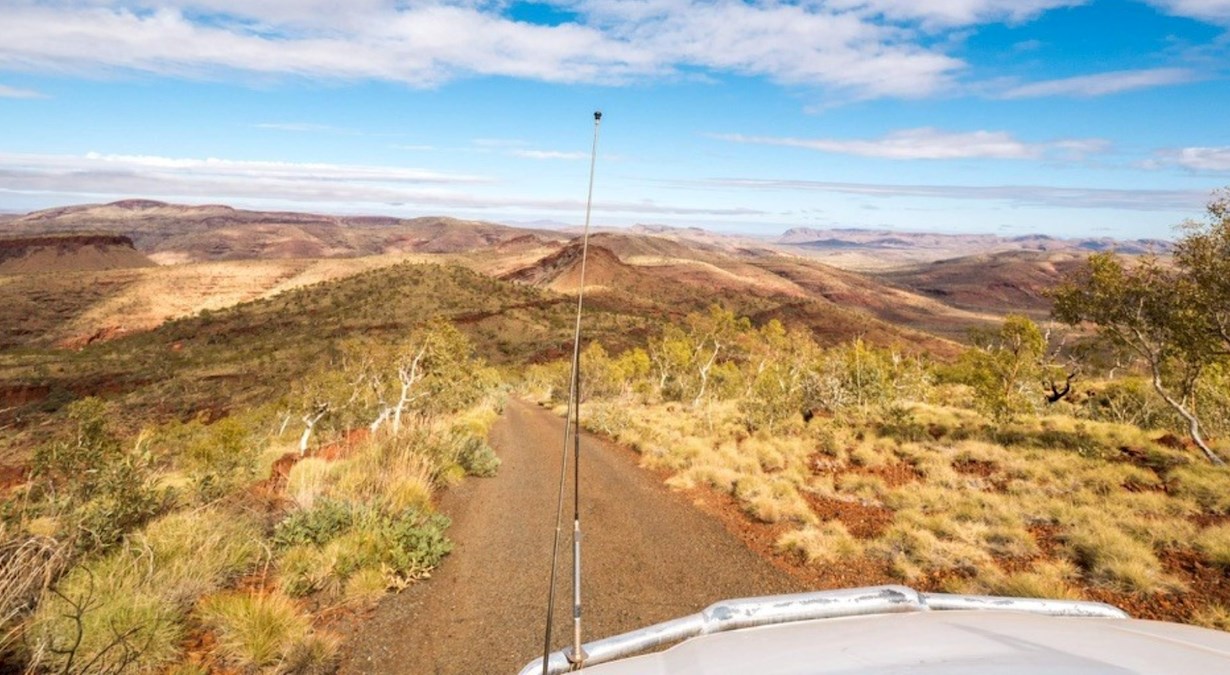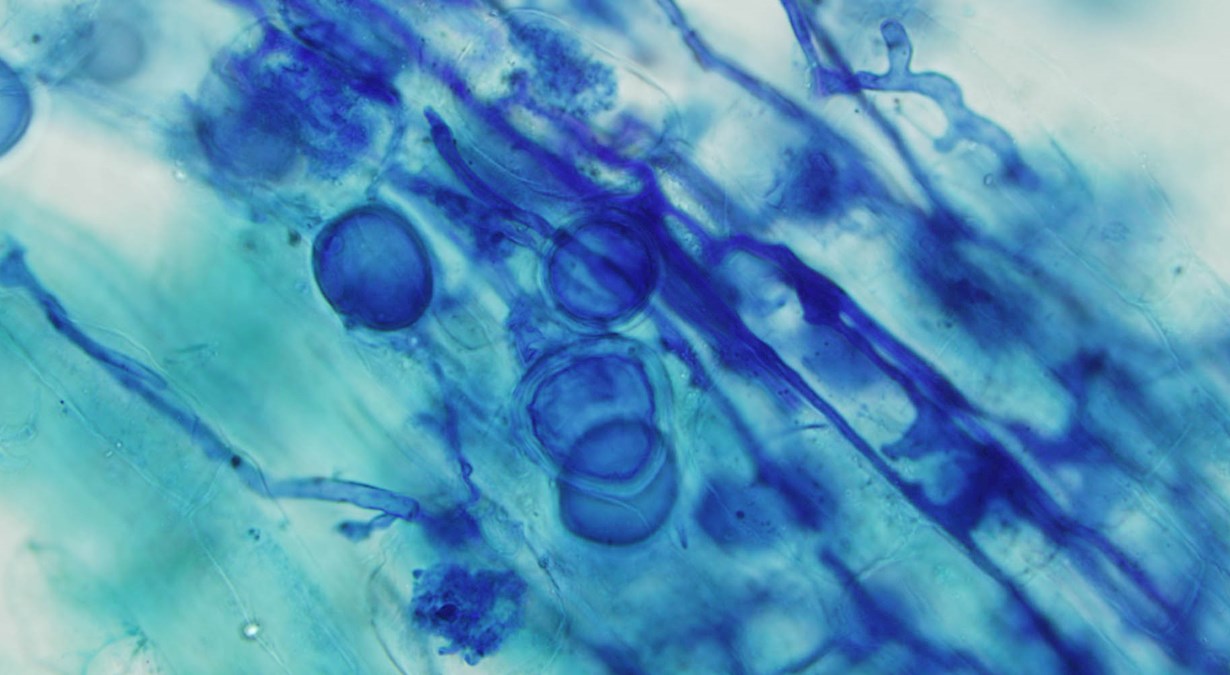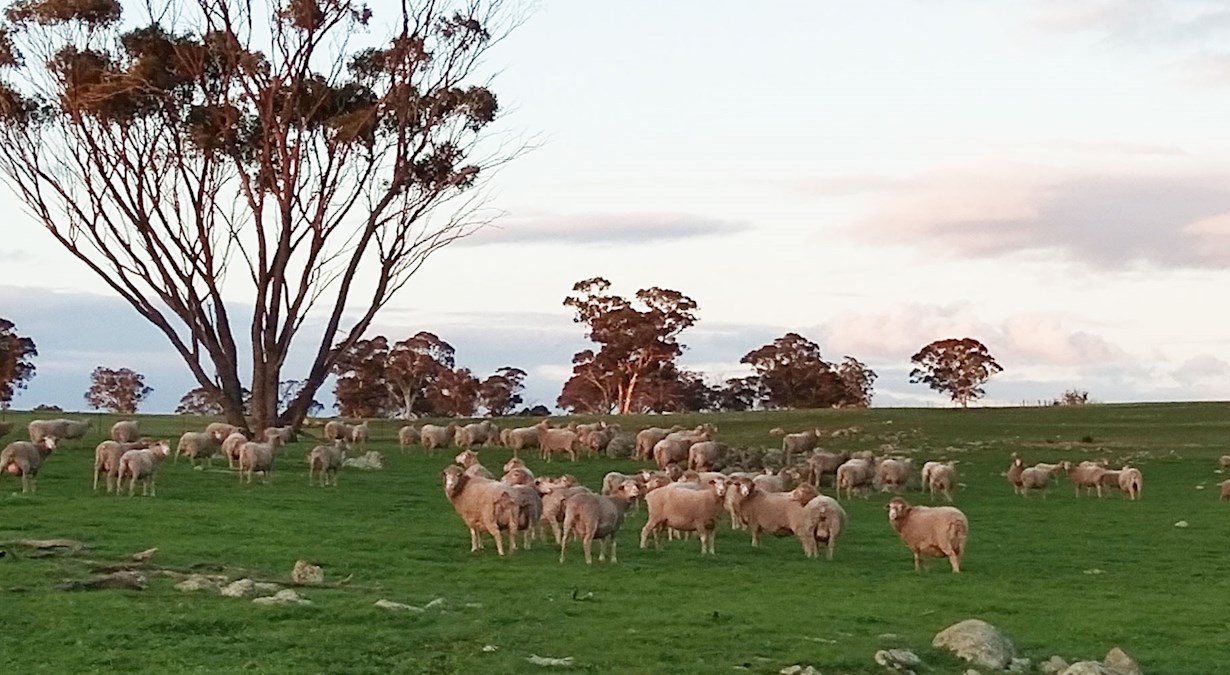
-
Highlights
-
Governance
-
Chancellor
-
Vice-Chancellor
-
Executive
-
History of the University
-
Schools
-
Campuses
-
Complaints
-
Official publications
-
Communications and marketing
-
Working at UWA
PROJECT
Subterranean clover genomic resources: Building a comprehensive platform for molecular breeding
Developing a comprehensive pre-breeding research and development plan for annual legumes
A multi-agency, public and private sector team is working to develop the pre-breeding research and development plan, led by the Department of Agriculture and Food Western Australia (DAFWA), with collaborating agencies being the South Australian Research and Development Institute (SARDI), New South Wales Department of Primary Industries (NSW DPI) and the Centre for Plant Genetics and Breeding (PGB) at The University of Western Australia (UWA).
Dr Parwinder Kaur is providing the expertise on genomics for this project. Resources already generated through ARC linkage project (LP0669766) provided an excellent platform to proceed to genome sequencing and World Core collection HapMap production.
The availability of the complete genome sequence for subterranean clover provides us with new perspectives on solving genetic problems that are difficult to tackle with conventional approaches, such as identifying the molecular basis of multigenic and complex traits.
So, in collaboration with Kazusa DNA Research Institute (KDRI), Japan, we are proceeding towards the first HapMap (haplotype mapping) using the world’s first Core Collection of Subterranean clover. HapMap (haplotype mapping) techniques recently developed for human genomics offer very precise means of fingerprinting the linkage disequilibrium (LD) regions in the genome by aligning against the reference genome.
Since subterranean clover is a self-crossing species, larger LD regions as compared to cross-pollinating species are expected which will be aligned for each line to the reference genome.
Such alignments can be carried out for any trait of interest and markers can be designed to assist in rapid mass screening of cultivars as well for selecting for breeding purposes for subterranean clover.
Allele mining and gene discovery of important traits will facilitate the future breeding of subterranean clover and will not only increase the chances of finding the most climate-smart cultivars but will also open the door to translate this information/techniques across other genera.
PhD/master’s opportunities are available to explore a range of traits including disease and pest resistance, hardseededness, persistence, and frost tolerance, and link them to genomic regions through association mapping.
For more background information, see the suggested readings below.
- Suggested readings
-
- Nichols, P. G. H. et al. Genetic improvement of subterranean clover (Trifolium subterraneum L.). 1. Germplasm, traits and future prospects. Crop and Pasture Science 64, 312–346 (2013).
- Ghamkhar, K. et al. The first genetic maps for subterranean clover (Trifolium subterraneum L.) and comparative genomics with T. pratense L. and Medicago truncatula Gaertn. to identify new molecular markers for breeding. Molecular Breeding 30, 213–226 (2012).
Research team leader: Dr Parwinder Kaur
I am working with a team of researchers across various disciplines developing methodologies to enable breeders to identify environmentally-friendly subterranean clover and discover the genes controlling this trait in this species. Subterranean clover is the most common pasture species in Australia, growing on 22 million hectares of Australian farmland.
How to apply
Interested in becoming part of this project? Complete the following steps to submit your expression of interest:
Step 1 - Check criteria
General UWA PhD entrance requirements can be found on the Future Students website.
Requirements specific to this project include:
- A supervised research dissertation in a plant biology/genetics and breeding project completed as a program undertaken after a three-year or during a four-year bachelor’s degree, carrying the equivalent credit of at least 25 per cent of an annual full-time load and awarded an assessed result at or above distinction level.
- Scholarly papers as sole or primary author, appearing in recognised academic journals or in volume published by recognised academic publishers.
- Some basic knowledge of molecular biology will be an added benefit.
Step 2 - Submit enquiry to research team leader
Step 3 - Lodge application
After you have discussed your project with the research team leader, you should be in a position to proceed to the next step of the UWA application process: Lodge an application. Different application procedures apply to domestic and international students.
Scholarships
- Domestic students
-
All domestic students may apply for Research Training Program and University Postgraduate Awards (UPA) scholarships
- International students
-
A range of scholarships are available from international organisations and governments. The full list, organised by country, is available on the Future Students website.
In addition, all international students may apply for International Research Training Program scholarships.
- Indigenous students
- Indigenous students are encouraged to apply for Indigenous Postgraduate Research Supplementary Scholarships.
- Prestigious postgraduate research scholarships
-
Prestigious postgraduate research scholarships support graduate research training by enabling students of exceptional research promise to undertake higher degrees by research at the University.



































